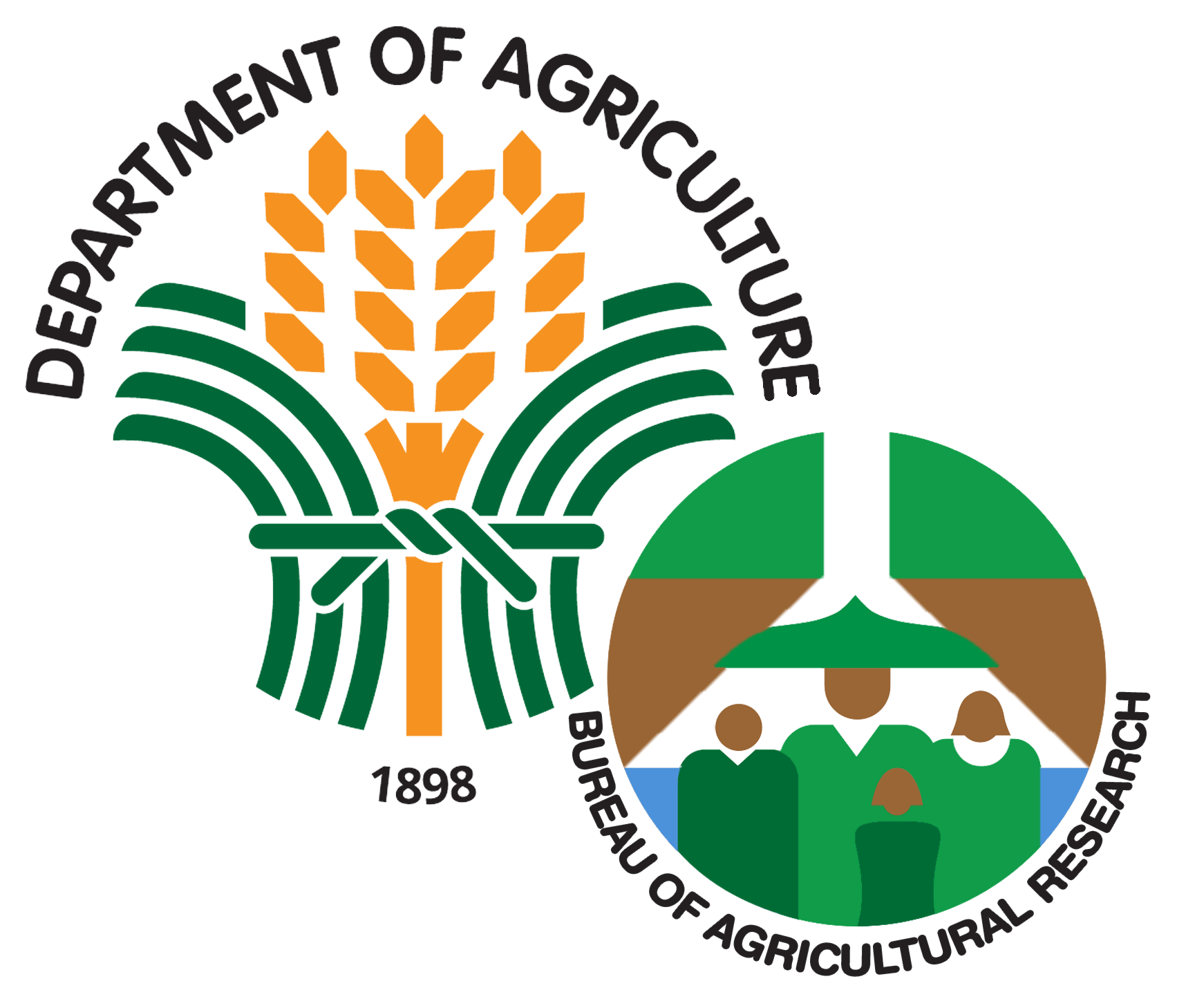To boost the limited supply of the different cultivars of traditional sweetpotato (or locally known as wakay) quality planting materials, macropropagation techniques from vine cuttings coupled with recommended cultural management and practices were introduced in different sweetpotato farms in Batanes.
With only 11 out of the 16 traditional wakay varieties present in Batanes, preserving the germplasm collection of these varieties is necessary. Increasing the production of traditional sweetpotato quality planting materials that is clean and free from any observable disease is made possible through macropropagation technique.
The 11 varieties, namely Bayat-uyugan, Dabuhbuhan, Kabuko, Mariñas, Merlin, Naygustin, Naypitang, Nila, Rosemarie, Samorangan or Yayung, and Villuga, were propagated in each on-station and technology demonstration farms to secure collection and availability of all germplasm, with at least two varieties of farmers’ choice.
The DA-Batanes Experiment Station (BES) has cultivated the remaining available traditional varieties that are preferred by the locals, for mass production. A total of 316,883 pieces of wakay planting materials were planted on-station and on the six technology demonstration farms totaling 1.2ha production areas in Batanes, which were the source of planting materials distributed to farmer partners.
Sweetpotato farmers, and staff from PLGUs and MLGUs participated in various capacity building activities on production technology using the POT on sweetpotato and in maintaining quality vine cuttings during the hauling of planting materials, and recordkeeping.
The 153 farmers with an average area of 200-800sqm wakay farm from the six municipalities, namely, Basco, Mahatao, Ivana, Uyugan, Sabtang, and Itbayat, received quality planting materials and established their sweetpotato production areas. They received a total of 619,429 pieces of quality vine cuttings, which is 24% more than the targeted vine cuttings. It was observed that farmer partners prefer the Naypitang and Dabuhbuhan varieties, which, based on their experience, yield more tubers and taste better.
Three mini field days were also conducted and participated by 165 farmers and staff of PLGUs and MLGUs in the municipalities of Ivana, Sabtang, and Itbayat. Information materials were distributed to wakay farmers and other interested individuals.
Continuous production of sweetpotato quality planting materials on-station and in different municipal demonstration farms should be maintained to supply the planting materials needed by the wakay farmers.
Using the POT for sweetpotato production, farmlands became more productive and farmer partners were equipped with improved practices.
Diligence paid off
One successful wakay farmer is 52-year-old Gregorio Ydel. He returned to Batanes in 1995 and started working as a job order on various projects, but his income was not enough to support his family of five. He then started planting vegetables in his small farm which augmented his income. In 2020, Ydel joined the project of DA-Cagayan Valley on the conservation, production, and utilization of Batanes sweet potato traditional varieties in collaboration with DA-Batanes Experiment Station (BES).
Ydel actively participated in all the training conducted on the recommended cultural management for traditional sweet potato varieties. He learned what months to plant wakay, how to produce bigger tubers, and how to market his produce.
“I always plant wakay two or three months ahead (in May, June, or July) than the traditional practice during the months of August or September. As the only producer of wakay during the lean months and with high demand for the commodity, I earn more. But I also supply quality planting materials to farmers needing them,” he shared.
“I earn more with planting wakay than with vegetables only. With the income I get from wakay, I was able to send all my children to school, construct a bigger house, acquire six cows, three carabaos, and now start a piggery. Maybe I can say that I am better off now but I will still continue being a farmer in my 6ha farm, for as long as I am still able to, with God’s guidance,” Ydel ended with a bright smile.
__________________
For more information:
Chonalyn A. Pascua
DA-Cagayan Valley Research Center
calseco81@gmail.com


